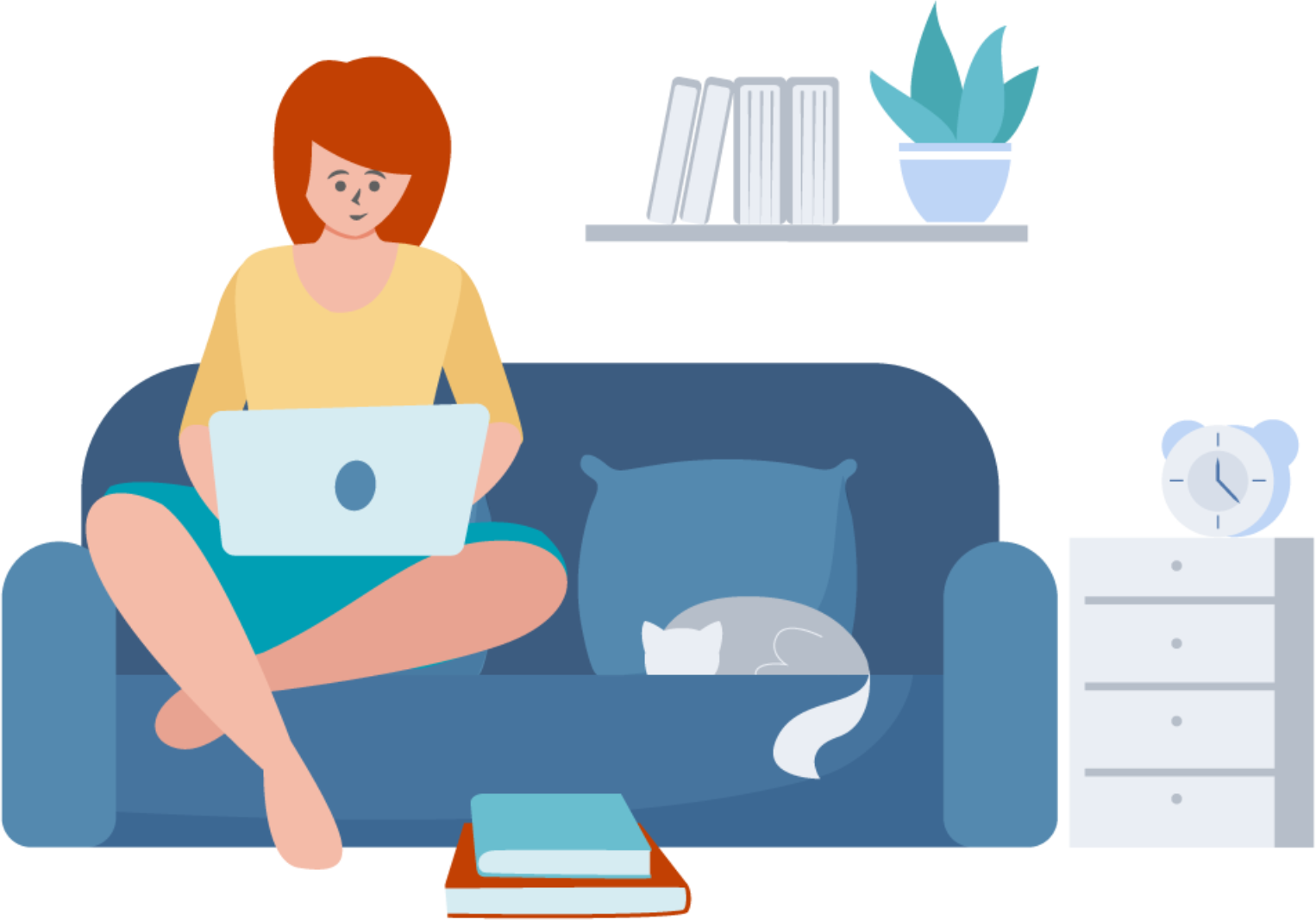After you have been treated for a while have you noticed that those around you start to change.
Coloman
Member Posts: 52
I see them starting to think that because they have gotten over my diagnosis that they think I should too and that I should get back to acting like I used to. They seemed to have forgotten that I'm still in the middle of this and fighting for my life.
0
Comments
-
We have had lots of people say that happened to them.0
-
As soon as my hair started coming back, my family thought I was 100% done and healed. I learned to say No when things that I couldn't do and enjoy. It took a good year after before I felt good enough to return to life. And until you go through cancer and all its glory, you have no idea how it can affect you.0
-
So true. I'm a year and a half post treatment and I'm gradually starting to regain energy. Fatigue is still a common condition. When I beg off activities saying I'm just too tired I know friends think I'm just making it up. I often hear, "but, you're all through with treatment aren't you?" like, then I must be fine. No idea!0
-
It is a product of our broken human nature. We like life to unfold predictably, to be in control, or have some sense of control. When we lose that, we become, well, different. No one else can experience what cancer patients do. Oh, they can get close, but there is always that bit of lack of understanding, or misunderstanding that remains.
However, we are not immune, either. We also have changed and we will change. Life's like that. Speaking of which, it reminds me of Joe Walsh singing "Life's been good to me so far"
"It's hard to handle this fortune and fame...
Everybody's so different, I haven't changed"0 -
Most people don't realize how long some people have to have treatments. They don't understand that fatigue and other side effects keep piling up and that, like you said, we are in the fight of our lives. We find out who our real friends are during our "encounter" with cancer. All of us here understand your struggles.0
-
Ten years since my first diagnosis and my children still treat me as if I will break if the wind blows. So I can't say anything has changed.0
-
I quit treating myself like I was in the middle of a crisis and everyone around me slowly followed suit. I suppose people remember I have (or most think it is a case of I HAD, but beat it - which is untrue) lung cancer. A lot of people I am currently around are unaware that I even have cancer because I never have told them.
After my last scan, which shows the tumors remain stable, my mother decided that I have never had cancer at all ... she determined in her wisdom that I was misdiagnosed and have gone through all of these years of treatments and scans unnecessarily...
I WANT to be treated like I am still the same old person I was before I was diagnosed with cancer. I don't want people feeling sorry for me or even worrying about me. I was at a friend's ranch a few months ago, hauling hay and carrying water buckets for her horses. She started worrying she was going to make my lung cancer worse because I was out there working (she doesn't have cancer but she has many other health problems that are more significant than mine). I told her that the exercise was good for me and physical activity was not going to cause the tumors to grow. It might, however, give my body some new defenses against the errant cells...0 -
Yep! And quite a bit too! The first time I had cancer, I was diagnosed at stage 2 and everyone treated me okay (though it was a little awkward for them and myself dealing with the changes in mood and looks, etc.). Now that I have stage 4 and can't "beat it" people have pretty much given up on me. I don't have anyone I can actually rely on except my mother. I used to have (or at least it appeared I had) a ton of friends. Not so much now. Like I said, only friend I've got is my mom and I'm in my 30s and will die in my 30s too.0
Categories
- All Categories
- 10 Announcements
- 849 New to WHATNEXT?
- 893 Weekly Discussions
- 3 Adrenal Cortical Cancer
- 7 Anal Cancer
- 3 Bile Duct (Cholangiocarcinoma) Cancer
- 5 Bladder Cancer
- 18 Brain and Spinal Cord Tumors
- 78 Breast Cancer
- 1 Breast Cancer in Men
- 14 Bone Cancer
- 1 Caregivers
- 1 Cancer of Unknown Primary
- 4 Cervical Cancer
- Chronic Lymphocytic Leukemia
- 13 Colorectal Cancer
- Diffuse Large B-Cell Lymphoma
- 2 Endometrial Cancer
- 4 Esophageal Cancer
- 3 Eye Cancer
- 1 Gallbladder Cancer
- 25 Head & Neck/Throat Cancer
- Hodgkin Lymphoma
- 5 Kidney Cancer
- 4 Leukemia
- 4 Liver Cancer
- 12 Lung Cancer
- 4 Lung Carcinoid Tumor
- Mantle Cell Lymphoma
- Mesothelioma
- 10 Multiple Myeloma
- 6 Non-Hodgkin Lymphoma (NHL)
- 17 Ovarian and Fallopian Tube Cancer
- 2 Pancreatic Cancer
- Penile Cancer
- 1 Pituitary Tumors
- 12 Prostate Cancer
- 1 Rare Cancers
- 3 Skin Cancer - Lymphoma
- 7 Skin Cancer - Melanoma
- 4 Skin Cancer - Non-Melanoma
- Small Intestine Cancer
- 3 Soft Tissue Sarcoma
- 3 Stomach Cancer
- 1 Testicular Cancer
- Thymus Cancer
- 7 Thyroid Cancer
- 2 Vaginal Cancer
- Vulvar Cancer






